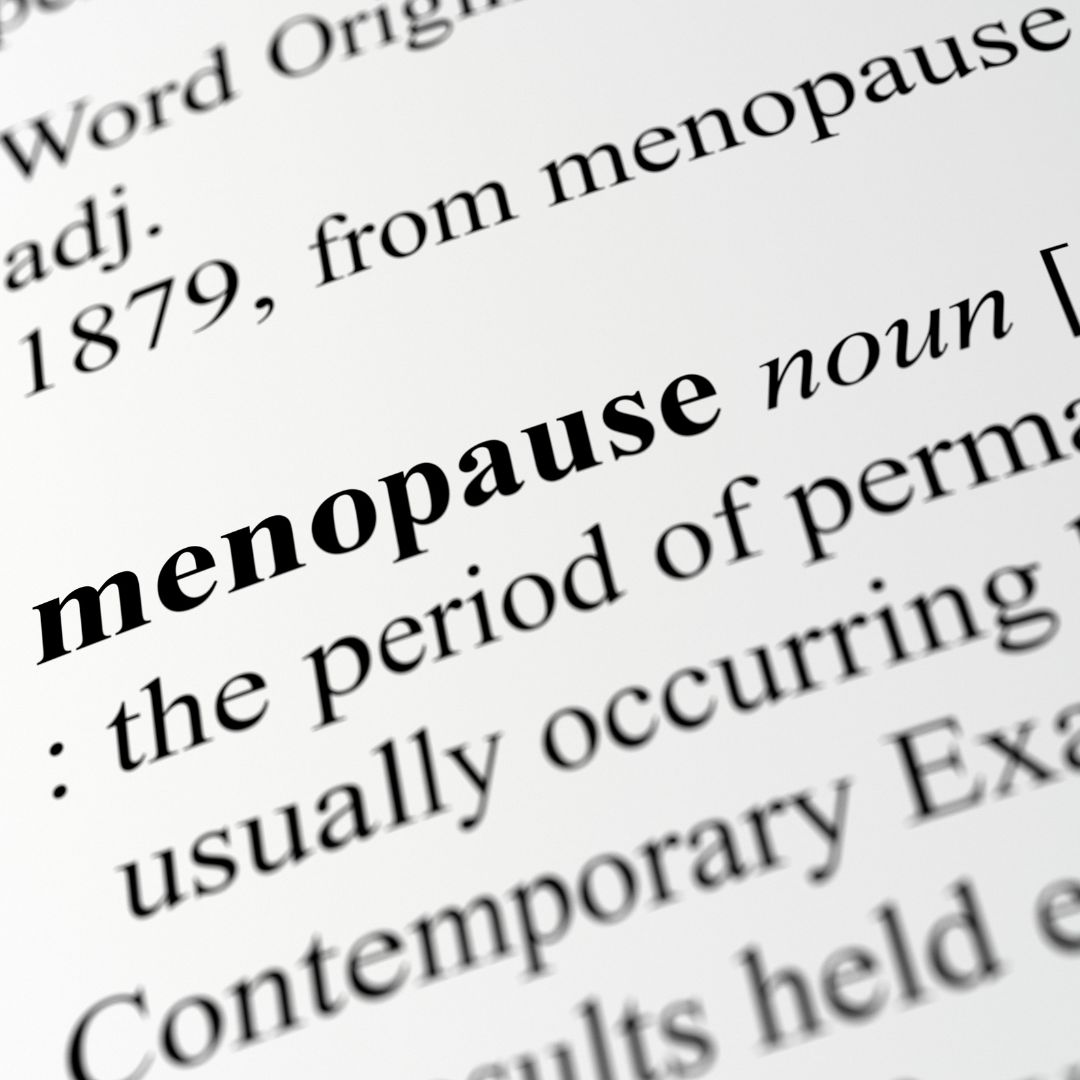
My Top 5 Tips for Managing the Menopause
I work with women in clinic every week to help them manage their symptoms and live how they want to. I use a combination of health questionnaires and testing to get to the bottom of what may be driving their specific symptoms.
But despite how differently they are feeling, or the different hormonal imbalances they may have, there are 5 areas that I always work on:
WATCH WHAT YOU EAT
One of the tragedies about menopause is the realisation that you really cannot get away with eating the same foods you used to. Your body has changed, and you need to learn to eat for this new way of being. Why?
The drop in oestrogen levels that occurs during menopause has a side effect of redistributing body fat and excess pounds start to settle around the waist. On top of that, the change that happens in relation to oestrogen and progesterone at this stage of life is also likely to make your body less sensitive to insulin, the fat storage hormone. This is produced in response to you eating carbohydrates.
When the body’s cells are less sensitive to insulin, more insulin is needed to do the same job, and more insulin produced means more fat stored. There are also lifestyle factors to consider. Muscle mass diminishes with age while fat increases.
That means it’s more important than ever to switch from whatever kind of diet you’re on now to a low GL (glycaemic load) diet that balances your blood sugar levels. This means you will be eating foods that do not trigger insulin secretion in response to what you eat.
A blood sugar balancing diet like this focuses on REAL food: meat, fish, eggs, tofu, lentils, beans and chickpeas, lots of veg, some fruit, nuts, seeds and wholegrains.
You won’t feel hungry – promise – but, if this is a long way from where you are now, I’d love to help you move to this way of eating. Work with me and it will feel easy rather than an uphill struggle or – worse still – devoid of all those little props you have used to get yourself through these trying times.
EAT FUNCTIONAL FOODS
On one level, the food you eat can help balance your blood sugar and energy levels. On another it keeps you feeling satiated and also nourishes you. The cherry on top is to use the very subtle yet magical powers of food to help support your body in times of need.
At this time of your life, that means phytoestrogens. Phytoestrogens are plant-based chemicals (the good kind), which are structurally similar to oestrogen and exert a weak oestrogenic effect. They include soy beans, lentils, beans, chickpeas, tofu, barley, rye, oats, alfalfa, apples, pears, carrots, fennel, onion, garlic, sunflower seeds, flaxseeds, liquorice root.
MANAGE YOUR STRESS
Cortisol is one of the main stress hormones and it can cause weight gain, and feel both tired and miserable as well as using up stores of important vitamins.
You probably already know that dwindling oestrogen levels are one of the main factors behind your symptoms. However, the effects of stress can be just as debilitating.
DO THE RIGHT EXERCISE
As the weight creeps on, it’s very common for women to start getting into the types of exercise that are very punishing on the body, like running and high intensity interval training.
What do I mean by punishing? These very intense forms of exercise stress the body and, if your body is already stressed, it’s just too much. Yoga, Pilates, Zumba and other dance-based classes are good, and don’t knock a decent walking workout.
Resistance/ strength exercise (weights) is also good to help with the loss of muscle. Strength training also helps you shore up bone, maintain balance, and avoid injury—important for protecting your skeleton both now and when you’re older.
AVOID TOXIC CHEMICALS
Chemicals in your body care products – anything from shampoo and conditioner to body wash, body lotion and other moisturisers – contain chemicals like parabens, sodium lauryl/laureth sulphate, ureas and the like.
At this time in your life, you really don’t want to be overloading your body. These toxins place an additional stress on the body, can damage the cells in your body that produce insulin, disrupting its action (and not in a good way), can impair thyroid hormones and place extra burden on the detoxification system.
If you’d like to know more about how diet and lifestyle changes can help with your symptoms, or you’d like to explore testing, why not get in touch? You can book a free call here.
![]()
Please get in touch and find out more - I offer a free 30-minute exploratory call.